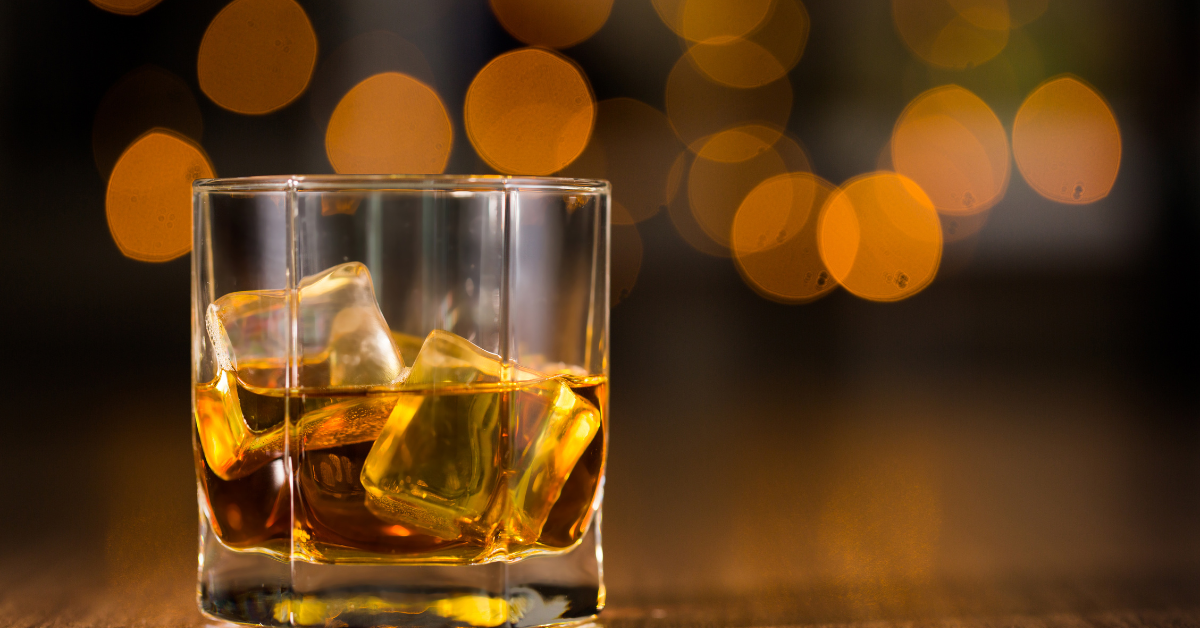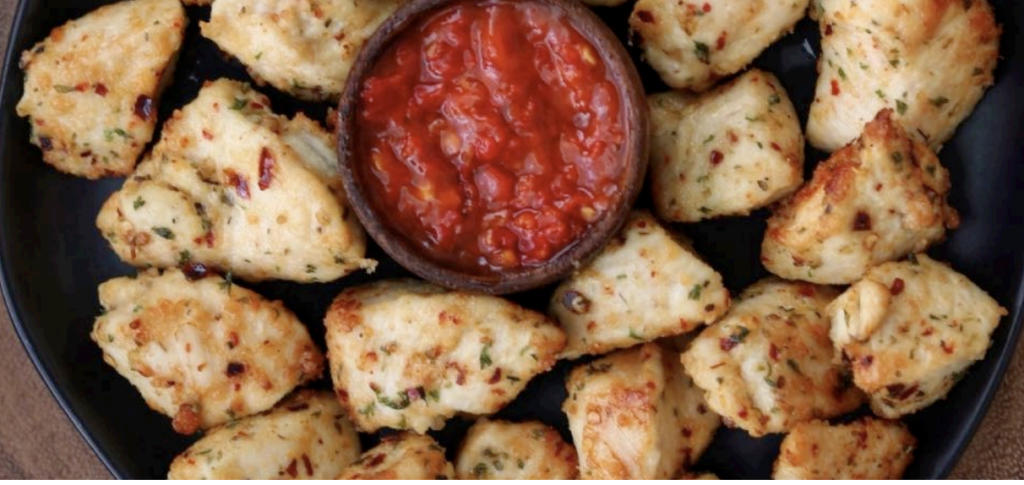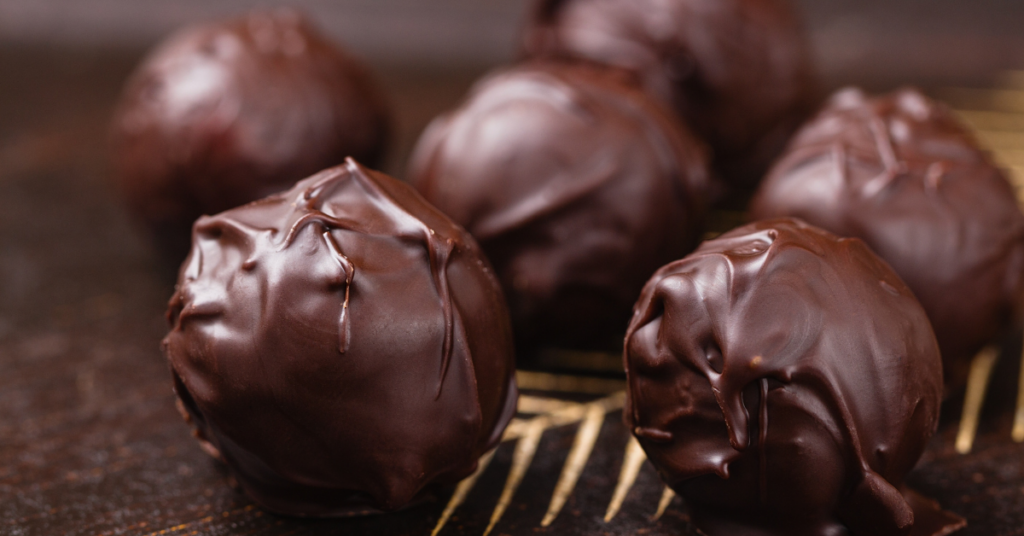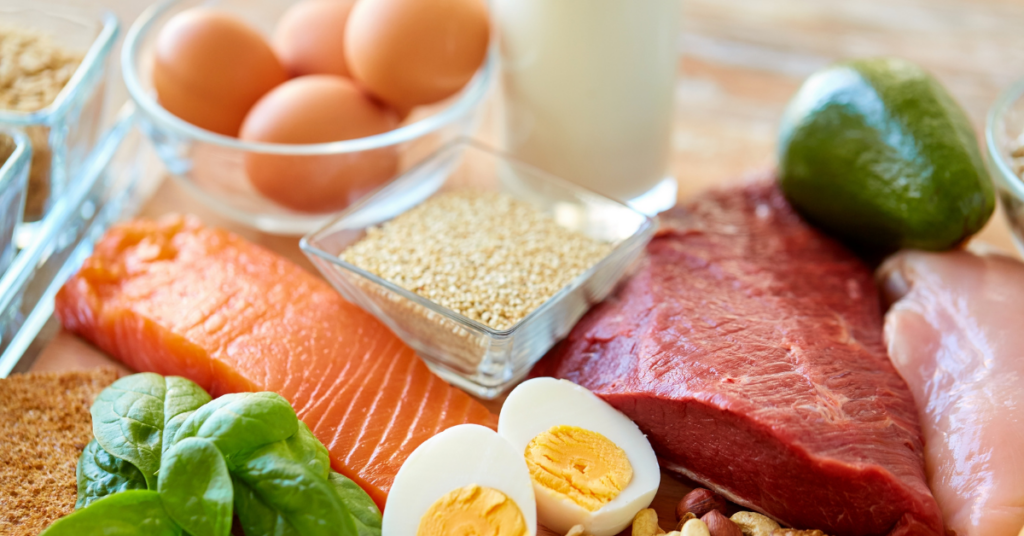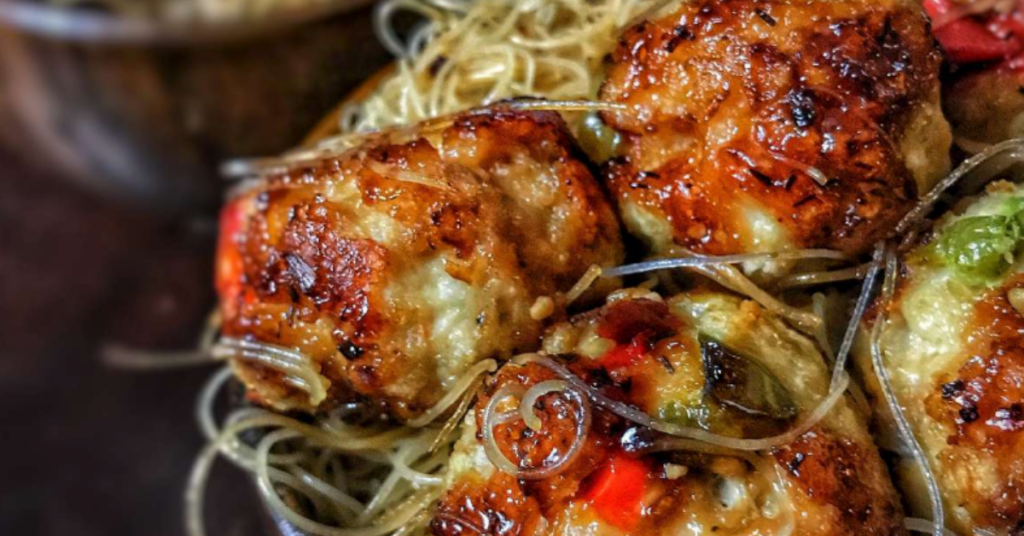Mulled wine, eggnog, cranberry mules; festive drinks, and the holidays go hand in hand for many people. It’s typically when you want to relax, indulge, and enjoy yourself. But it’s no secret that alcohol comes with negative impacts on our health, and our body ultimately treats it as the toxin it is. There’s no place where this is more evident than at the gym. Alcohol and workouts do not mix well, and there are several ways it impacts both performance and recovery.
The Effects of Alcohol on Your Body and Workouts
Reduction in Your Body’s Ability to Convert Food to Energy
Because alcohol is a toxin, our body prioritizes moving it out of our system as quickly as possible, impacting the body’s ability to work on other systems for health. Our metabolism will temporarily increase to aid in moving alcohol out, but our ability to break down carbs and fat is impaired. Even with the increase in metabolism, we are much more likely to store food as fat versus using it for immediate energy. Alcohol also affects the liver’s ability to make blood sugar and our production of ATP, the energy source for our muscles, which creates significant challenges in keeping the body fueled and energized for the next day’s workout.
Increase in Appetite and High-Calorie Food Choices
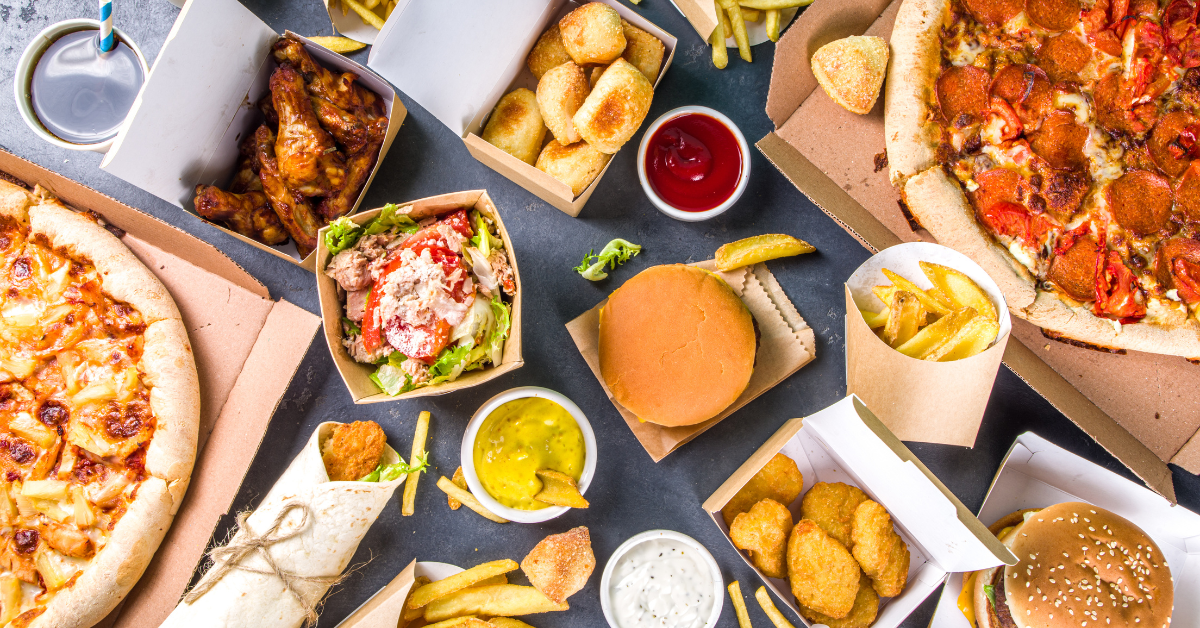
Alcohol stimulates appetite in general due to its impact on increasing our metabolism. After a few drinks, a salad with grilled chicken starts to look a lot less interesting, and you may hear the burger with fries calling your name. Research (and, for most of us, personal experience) shows us when inhibitions are down with alcohol, we are much more likely to give in to high-calorie, low-nutrient food. This will be a double whammy if we are also hungover the following morning and less likely to make good choices for breakfast. So not only do we have a tougher time getting energy from food, but with poor fuel in the system, we are definitely going to feel extra sluggish and tired.
Disturbance of Restful Sleep
Speaking of feeling sluggish and tired, alcohol impacts the body’s ability to fall asleep, stay asleep, and enter deep sleep. The sleep disturbances result in less human growth hormone and testosterone secreted. Both of these hormones are vital for muscle building. Lack of sleep not only leaves us with less energy and motivation for a workout but also delays muscle recovery, as the body struggles to repair itself without adequate rest. Additionally, chronic sleep deprivation increases the risk of injury.
Dehydration
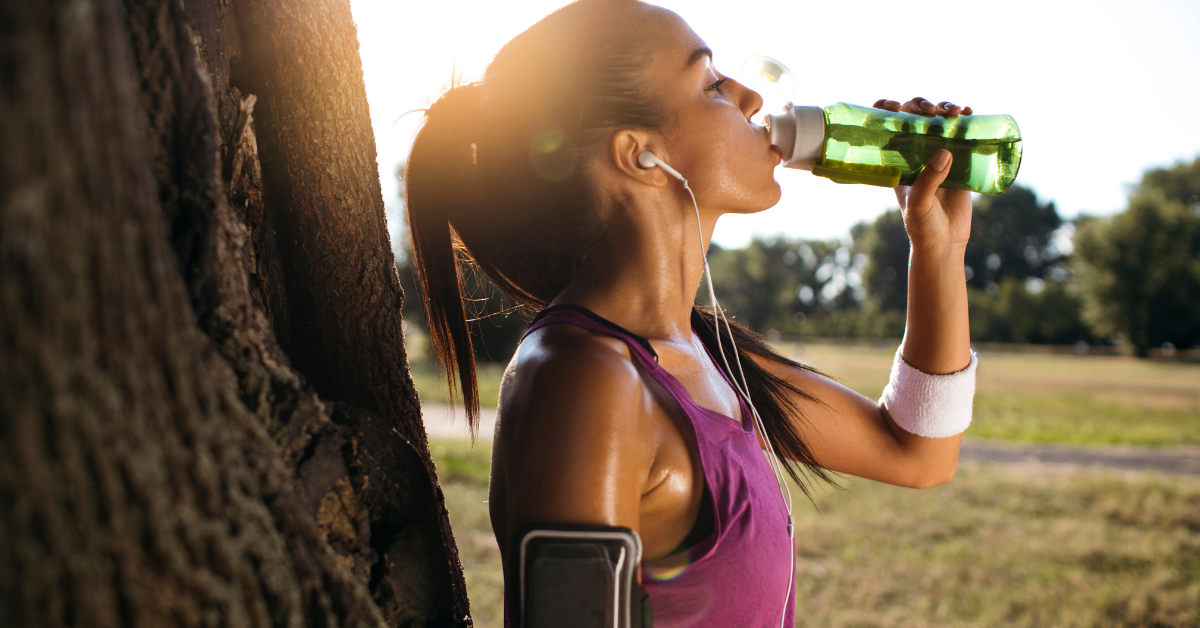
Alcohol is a diuretic, meaning you will have to put effort into staying adequately hydrating and may find yourself urinating more than normal. The more water we lose, the more electrolytes are flushed out in our urine, compounding the dehydration. Electrolytes like sodium, potassium, and magnesium are crucial to get water into the cells where we need it to be. We need to be adequately hydrated with both fluids and electrolytes to circulate blood and oxygen to our muscles during a workout. Going into a workout dehydrated will cause the heart to need to work a lot harder to pump blood.
Lactic Acid Buildup
When we work out, our muscles utilize carbs for fuel. This can result in a buildup of lactic acid. If you’ve ever felt incredibly sore after a workout, that is in part due to the lactic acid buildup. Alcohol can increase this process meaning quicker muscle fatigue, possible cramping, and increased muscle soreness the next day or so.
5 Tips to Minimize Alcohol’s Negative Impact
We know alcohol isn’t doing us any favors when it comes to feeling good and fueling properly for workouts, but we may still want to enjoy some festive drinks this holiday season! Expectations are important to manage here. Simply put, we are likely not going to have our best workout following a night of drinking. But that doesn’t mean you won’t get any benefits from a workout, no matter what happened the night before. Here are a few tips to make sure you don’t have to miss your workout post-holiday shenanigans:
- Identify how many drinks you can enjoy before you arrive at a “point of no return” and try to stay within that limit.
- Drink earlier in the evening and level off by 8 pm to ensure better sleep. This also gives your body more time to work the alcohol out of your system.
- Speaking of sleep, determine when you need to leave the party or event to still get in a full 8 hours.
- Plan to eat high-nutrient food BEFORE drinking. Not only will you be much more likely to get your lean protein and veggies in when still sober, you will also metabolize your food better before alcohol enters the chat. This will also help decrease the impact of alcohol since you won’t be drinking on an empty stomach.
- Hydrate! Follow each alcoholic drink with 8oz of water or sparkling water. You can also utilize electrolytes like liquid IV, Nuun, or Re-Lyte, or aim to have 16oz of coconut water at the end of the night and the next morning. This is crucial to make sure your heart doesn’t need to work as hard in your workout.
Having personalized guidance and support can make all the difference in helping you establish personalized strategies, especially when navigating the challenges of holiday indulgences. At Stronger U, our coaches are here to help you maintain balance while still enjoying the season. Schedule a free membership consultation today to learn how working with a coach can be a game-changer for your fitness, over the holidays and beyond!
